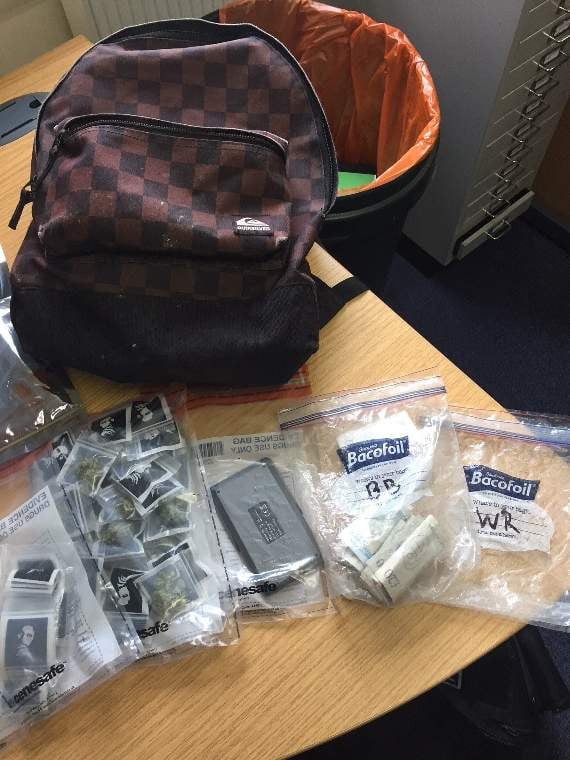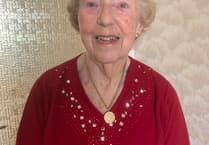“Caring people” have helped create drug and begging problems, by making life comfortable for rough sleepers, police claim.
Totnes’s drop-in centre for the homeless, coupled with a regular supply of food, drink and clothing from passers by and a “lucrative” begging income, has meant that no one had been bothering to seek help from formal support services.
As a result the district council had housed just one homeless person, while adult drug and alcohol support services had not helped a single person in the town, said Sgt Tim Perrin.
But now record numbers of Totnes drug and booze addicts are seeking help following the crackdown on dealers and begging in the town centre which began last July.
Since the Operation Applerose crackdown began, a dozen people have been dealt with for possession of class A drugs and another four are under investigation for possession with intent to supply class A drugs, said Sgt Perrin.
Troublemakers have been banned from the town centre, others have been arrested for being drunk and disorderly and beggars have been warned they could be arrested.
Sgt Perrin, who heads up the town’s neighbourhood police team, said: “As a result, class A drugs have been harder to come by as bigger dealers and street dealers have been arrested, begging income has reduced and persons behaving anti-socially have been prosecuted. This has encouraged these individuals to seek help.
“We now have record numbers of persons in Totnes engaging with Rise (the Recovery and Integration Service adult drug and alcohol support services) and every week more and more persons are placed on a ’script, to help them recover from the use of heroin.
“We are working tirelessly, with the limited resources we have, to ensure Totes remains a safe place to live, work and play.”
Sgt Perrin’s report coincided with South Hams District Council’s closure all the public toilets in the town because the drug use going on in them was causing a danger to the public and council staff.
He pointed out that at times the town was faced with “individuals passed out in toilet cubicles or wandering hysterically around the street with needles hanging from veins; excrement and bodily fluids found in shop doorways, at the Guildhall and Vire Island; threatening and intimidating behaviour where money has been demanded from persons using banks of cash machines and a plethora of other incidents”.
He added: “Historically, Totnes has been somewhat a haven for homelessness – individuals who have become ‘street attached’. This is not aided by a lack of accommodation in Totnes.
“Totnes is a rather unique place, and is the home of a large community who deeply care about their town. Over the years, various voluntary organisations, supported by statutory agencies, have been established, providing extra support and guidance for street attached individuals.
“For example, the drop-in centre on the industrial estate provides food, shelter, clothing, hot showers, washing facilities, haircuts and so on.
“Coupled with a rather lucrative begging income and a regular supply of food, drink and warm clothing from passers by, this has created a comfortable lifestyle for our street-attached persons.
“Subsequently, engagement with support services has been non-existent. Why would individual’s needs to seek help when their lifestyles, in relative terms, are fairly comfortable?
“As a result, South Hams District Council has found it very difficult to house homeless persons, as they do not engage with the council.
“Likewise with Rise. In the past 12 months, every district council in Devon has successfully homed at least some of their homeless community. To date, South Hams District Council has homed one.
“Likewise, referrals from other areas to Rise has increased. Rise has had no engagement from any person struggling with drugs and or alcohol in Totnes for years.”





Comments
This article has no comments yet. Be the first to leave a comment.